China and the United States have displayed their willingness to efficiently manage bilateral relations and work on differences, observers said after Foreign Minister Wang Yi and U.S. Secretary of State Marco Rubio held a phone conversation on Friday.
This first phone call between Wang and Rubio took place four days after Donald Trump was sworn in as U.S. president on Jan 20, and it touched upon key, sensitive topics such as the Taiwan question, according to a news release by the Foreign Ministry.
They also discussed other "issues of bilateral, regional and global importance", said U.S. State Department spokeswoman Tammy Bruce.
Since an earlier phone conversation between President Xi Jinping and then president-elect Trump on Jan 17, the frequency of the two nations advancing high-level contacts has caught media attention.
Such high-level communication includes a series of meetings held during Vice-President Han Zheng's trip to the U.S. last week as Xi's special representative to attend Trump's inauguration ceremony.
On Friday, Wang told Rubio the "two heads of state have pointed out the direction and set the tone for China-U.S. relations".
The working teams on both sides need to "implement their important common understandings and maintain communication, manage differences and expand cooperation", in line with the principles of mutual respect, peaceful coexistence and win-win cooperation, Wang said.
They should also work on promoting the steady, sound and sustainable development of China-U.S. relations and finding the right way for China and the U.S. to get along with each other in the new era, he added.
Rubio said the U.S. hopes to have candid communication with China, resolve differences and manage the bilateral relationship in a mature and prudent manner. Washington also hopes to work together with Beijing to address global challenges and maintain peace and stability in the world, he added.
Speaking on the Taiwan question, Wang urged the U.S. side to handle the matter prudently, and emphasized that "we will never allow Taiwan to be split from China".
As Washington has made solemn commitments on abiding by the one-China policy in the three landmark China-U.S. joint communiques, Wang told Rubio that "it should not renege on them".
Rubio said the U.S. does not support "Taiwan independence" and hopes that the Taiwan question can be resolved peacefully in a manner acceptable to both sides of the Taiwan Strait.
Wang said that big countries should act in a manner befitting their status, shoulder their due international responsibilities, maintain world peace and help countries realize common development.
"I hope you will act accordingly and play a constructive role for the future of the people of China and the U.S., as well as for the peace and stability of the world," he told Rubio.
Su Xiaohui, deputy director of the Department of American Studies at the China Institute of International Studies, said: "Over the past years, we have seen the U.S. suppressing, coercing China and taking China as its most important strategic rival. And yet Washington worked with Beijing over the past election year to ensure their relations do not go out of control."
She added, "Veering into a major confrontation with China should not be a choice for the U.S. during Trump's second tenure as president, so Rubio should listen to China's voice when representing the U.S.'interests and tackling bilateral ties."
Jin Canrong, a professor at Renmin University's School of International Studies in Beijing and a leading expert on U.S. studies, said, "As Rubio is now a major diplomat in the Trump administration, his actions should match his current post."
During his phone talks with Wang on Friday, Rubio said the U.S. and China are two major countries and the U.S.-China relationship is the most important bilateral relationship in the 21st century — one that will determine the future of the world.
Wang said the development of China-U.S. relations has come to an important new juncture, adding that China has "no intention of surpassing or replacing anyone", but it must defend its "legitimate right to development".












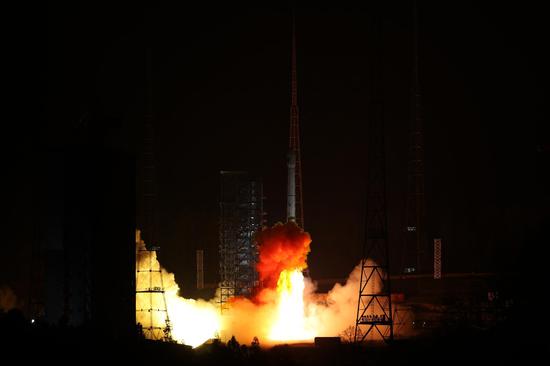


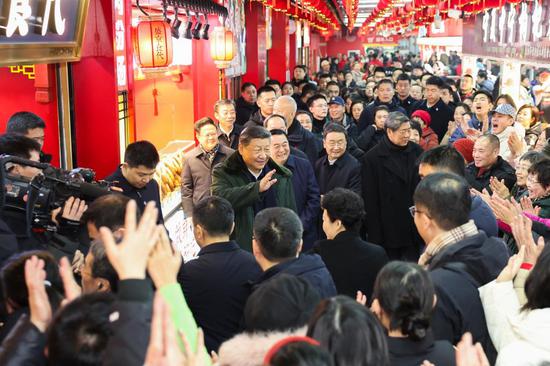
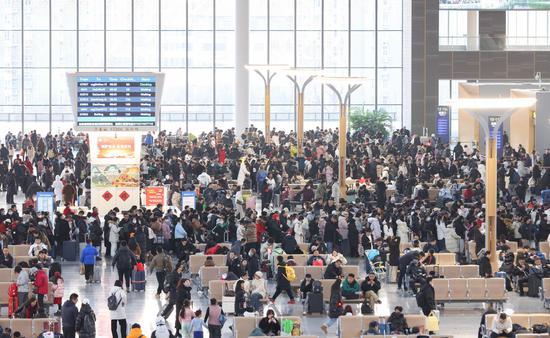




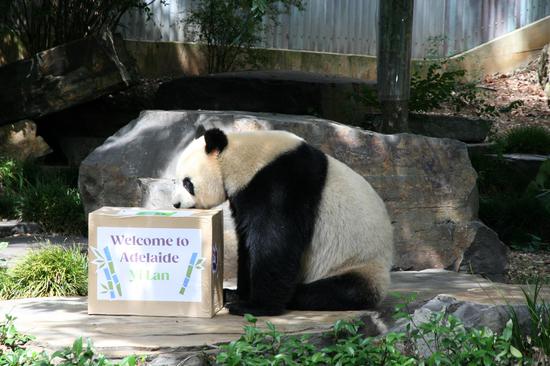
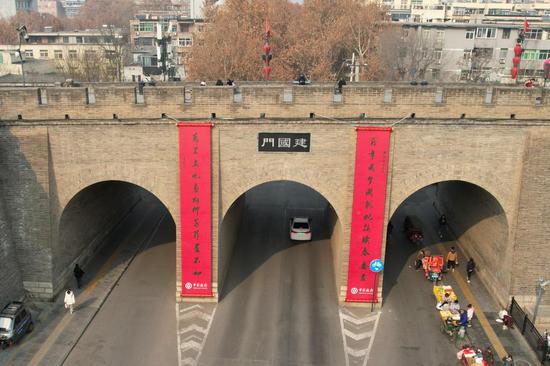

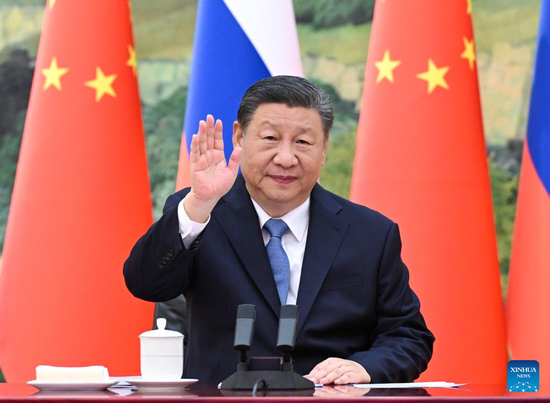
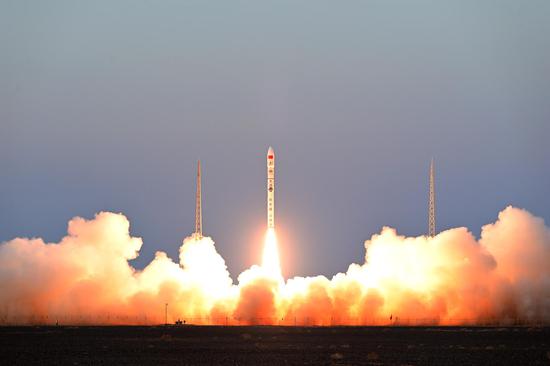
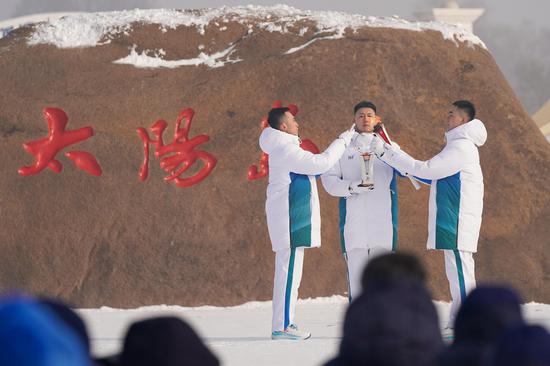

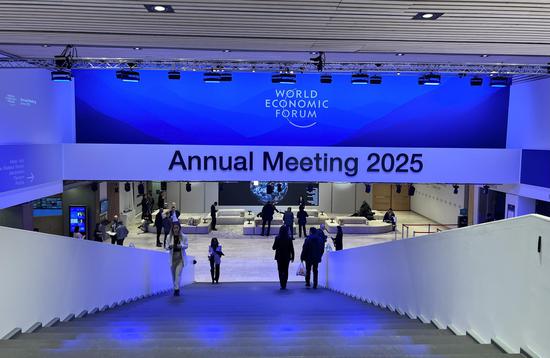
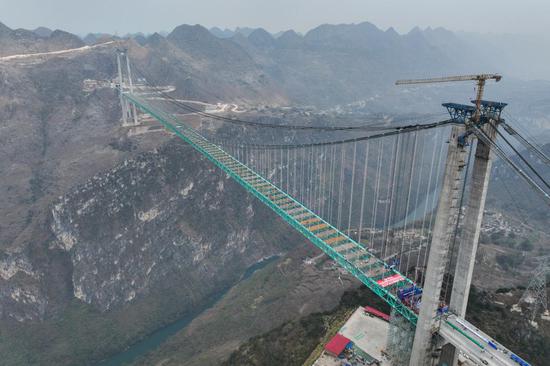
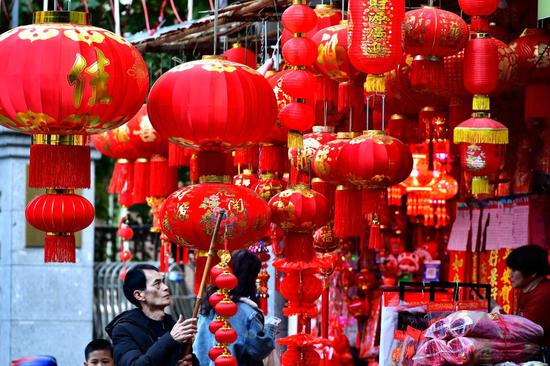





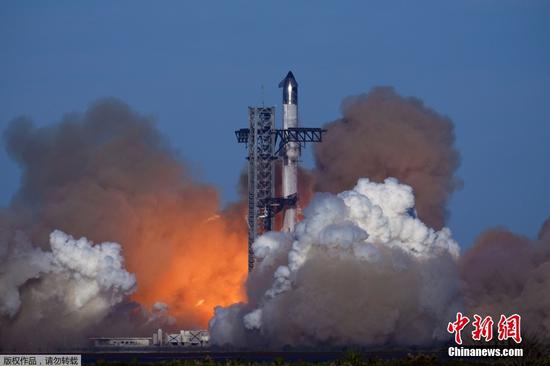
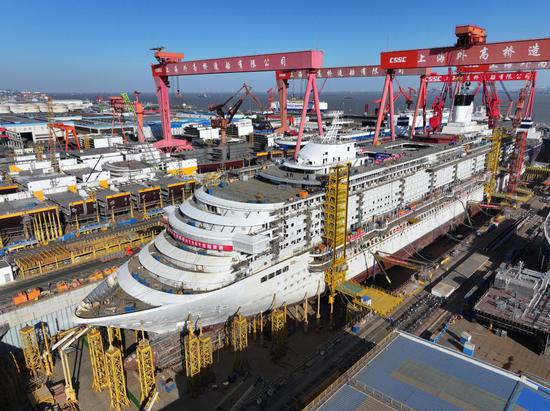
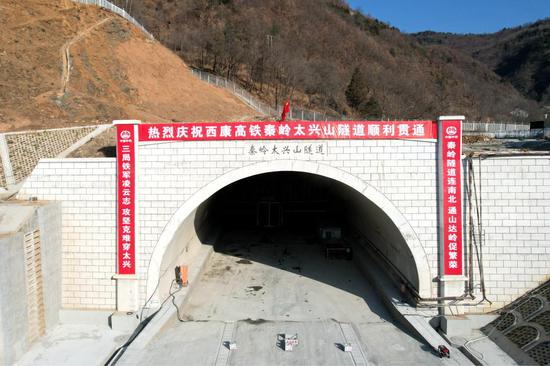



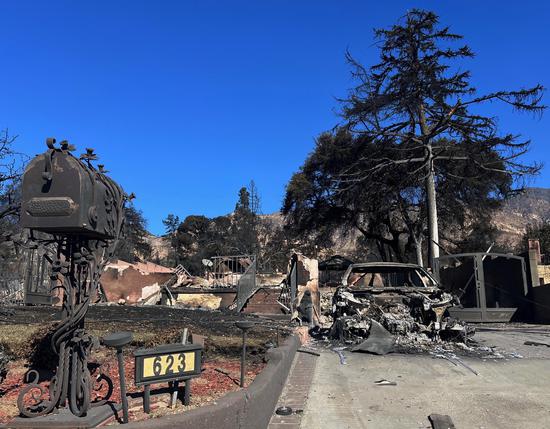
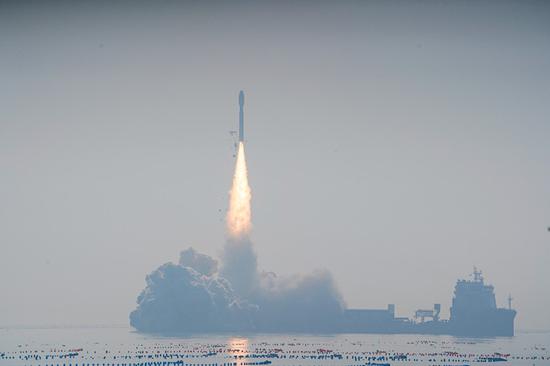
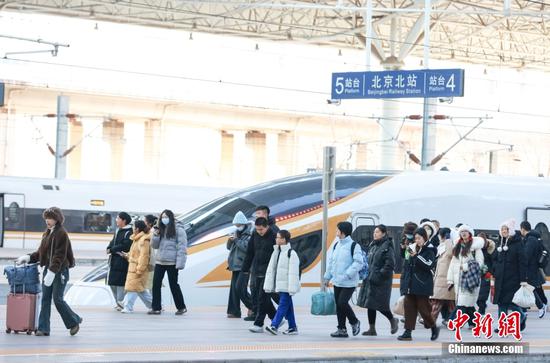





 京公网安备 11010202009201号
京公网安备 11010202009201号